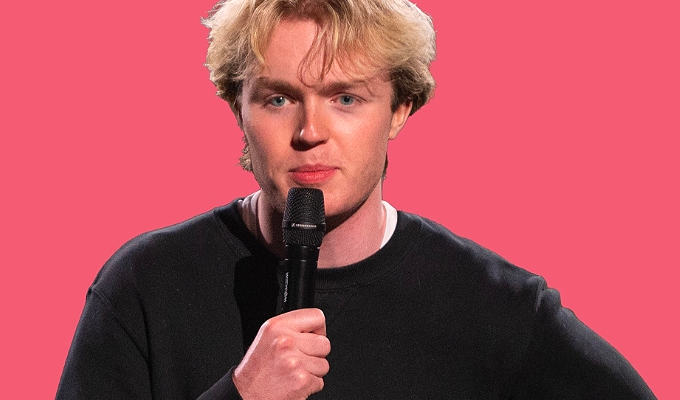

Cast announced for Ola Labib's The Pharmacy
Comedy Blap dropping next month
Nabil Abdulrashid and Finlay Christie have joined the cast of fellow stand-up Ola Labib’s Channel 4 Comedy Blap, The Pharmacy.
The news was revealed as it was confirmed that the semi-autobiographical show is to be released on March 10.
It revolves around Lola, the beleaguered pharmacist; Margaret, her aggressively efficient right-hand woman; Harry: the up-and-not-so coming wannabe grime artist, and Zein who delivers bad service with a smile.

Labib said: ‘I can't even begin to describe how overwhelmed, excited and emotional I feel about this project. I've always prayed for the day I would reap the rewards of sacrificing almost 14 years of blood, sweat and tears working as a pharmacist in a time where the NHS is at crisis point.
‘I never dreamt the rewards would be in the form of a commissioned comedy show for Channel 4 - a channel I grew up watching, dreaming that maybe one day, I'd have my own show.
'Not only am I representing pharmacists and healthcare workers around the country, but I’m also representing women, particularly POC [people of colour] women, and truly showing, in a world that doesn't like to see us succeed - our dreams can become a reality.’
The ensemble comedy will also star Sue Vincent from The Madame Blanc Mysteries, Verona Rose from Top Boy and Ramey Dawoud, a Sudanese-American former rapper who starred in the short film Faisal Goes West.
Comedy Blaps are seen as a way of piloting future TV commissions, with We Are Lady Parts, Stath Lets Flats and Dead Pixels among the shows to have emerged from it. Last year, the broadcaster released Blaps from Amy Gledhill and Josh Pugh plus actors Ada Player and Bron Waugh
Produced by Objective Fiction, The Pharmacy will be available to stream on Channel4.com and on Channel 4 YouTube on Monday March 10.
Published: 13 Feb 2025

Is the internet making comedy more cultish?
Another article about the future of digital comedy?!…
12/08/2024

Since putting out sketch content on TikTok and YouTube,…
12/07/2022

Finlay Christie wins So You Think You're Funny?
Finlay Christie has won this year’s So You Think…
22/08/2019
Past Shows
Agent
We do not currently hold contact details for Finlay Christie's agent. If you are a comic or agent wanting your details to appear here, for a one-off fee of £59, email steve@chortle.co.uk.

